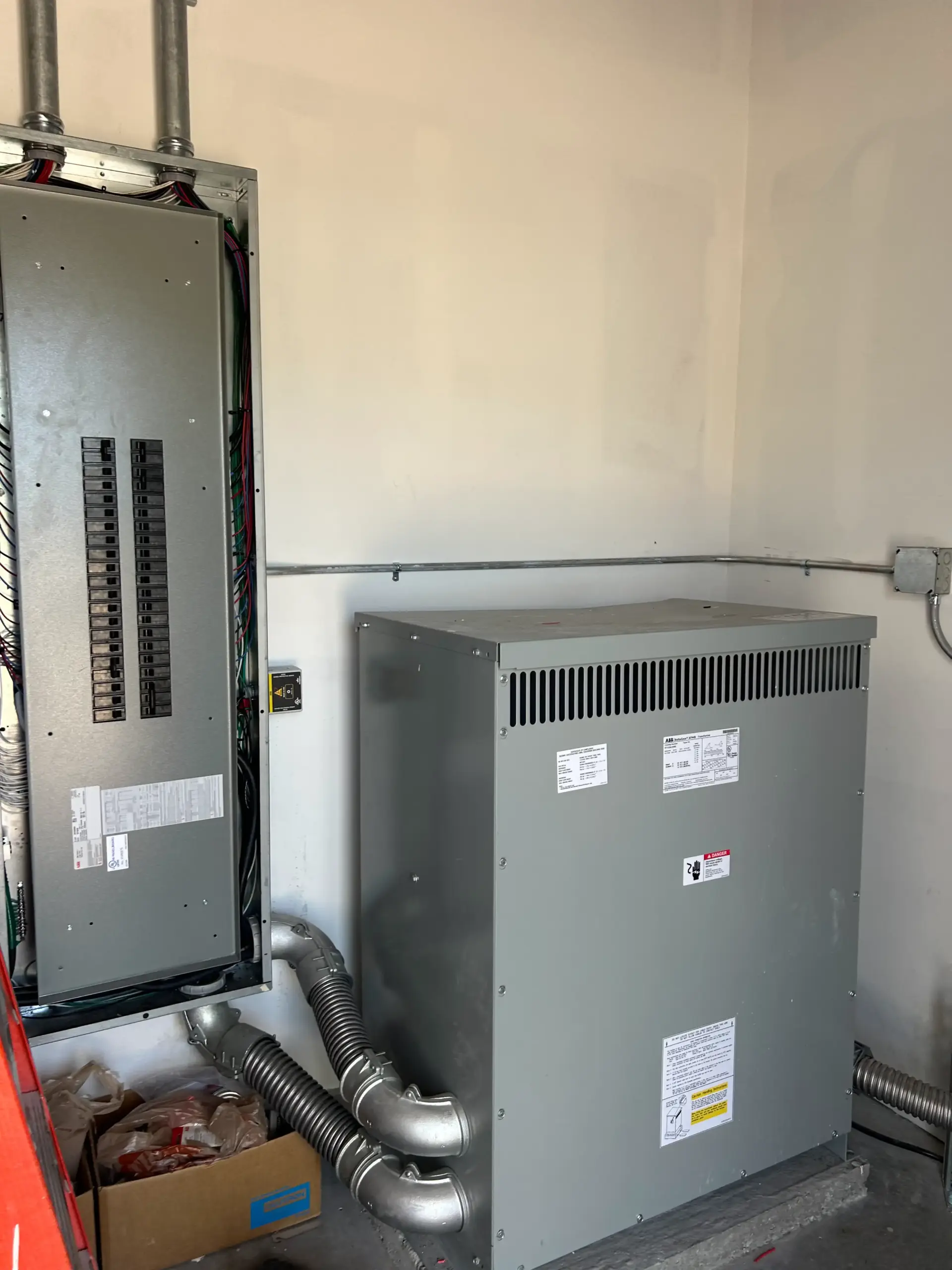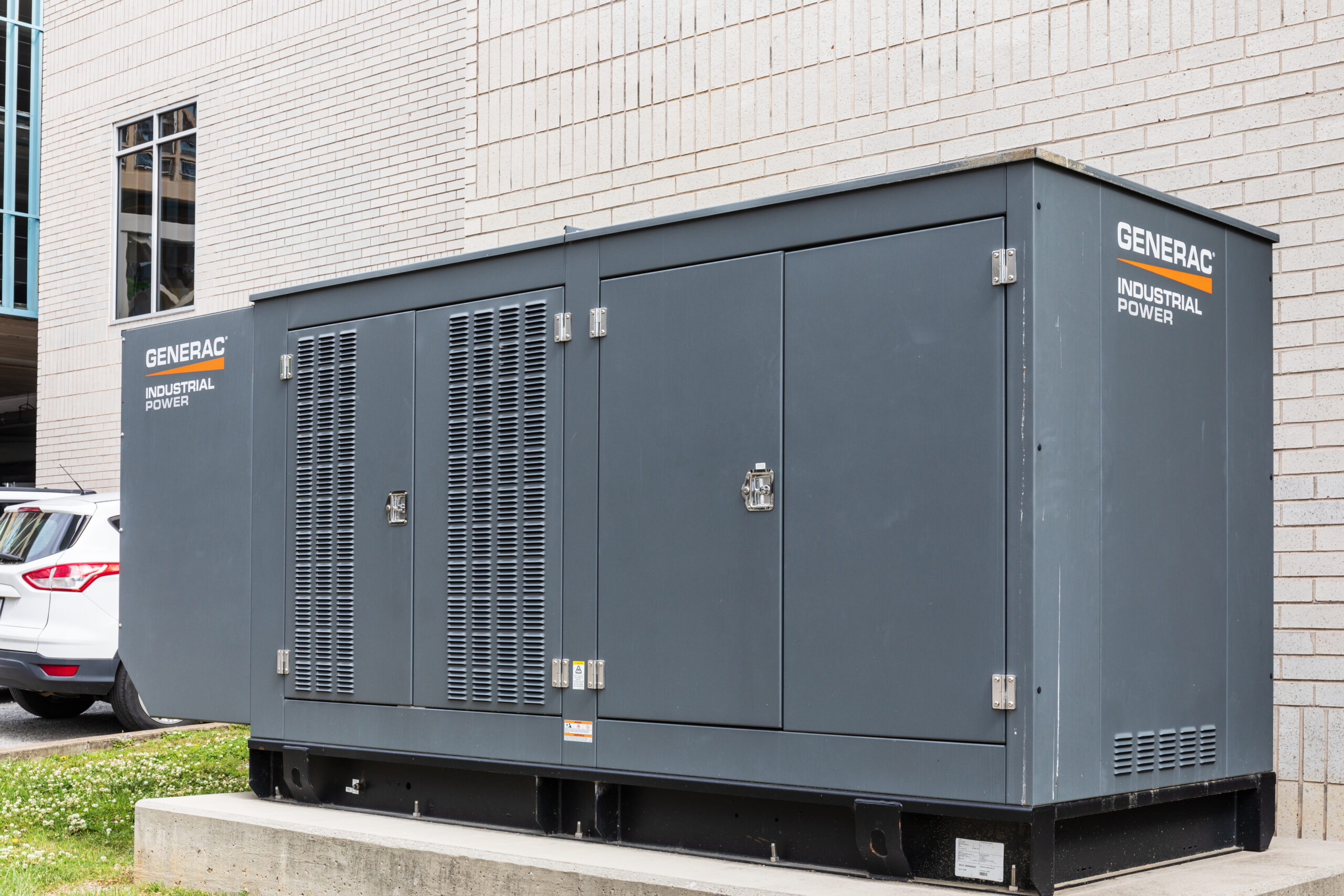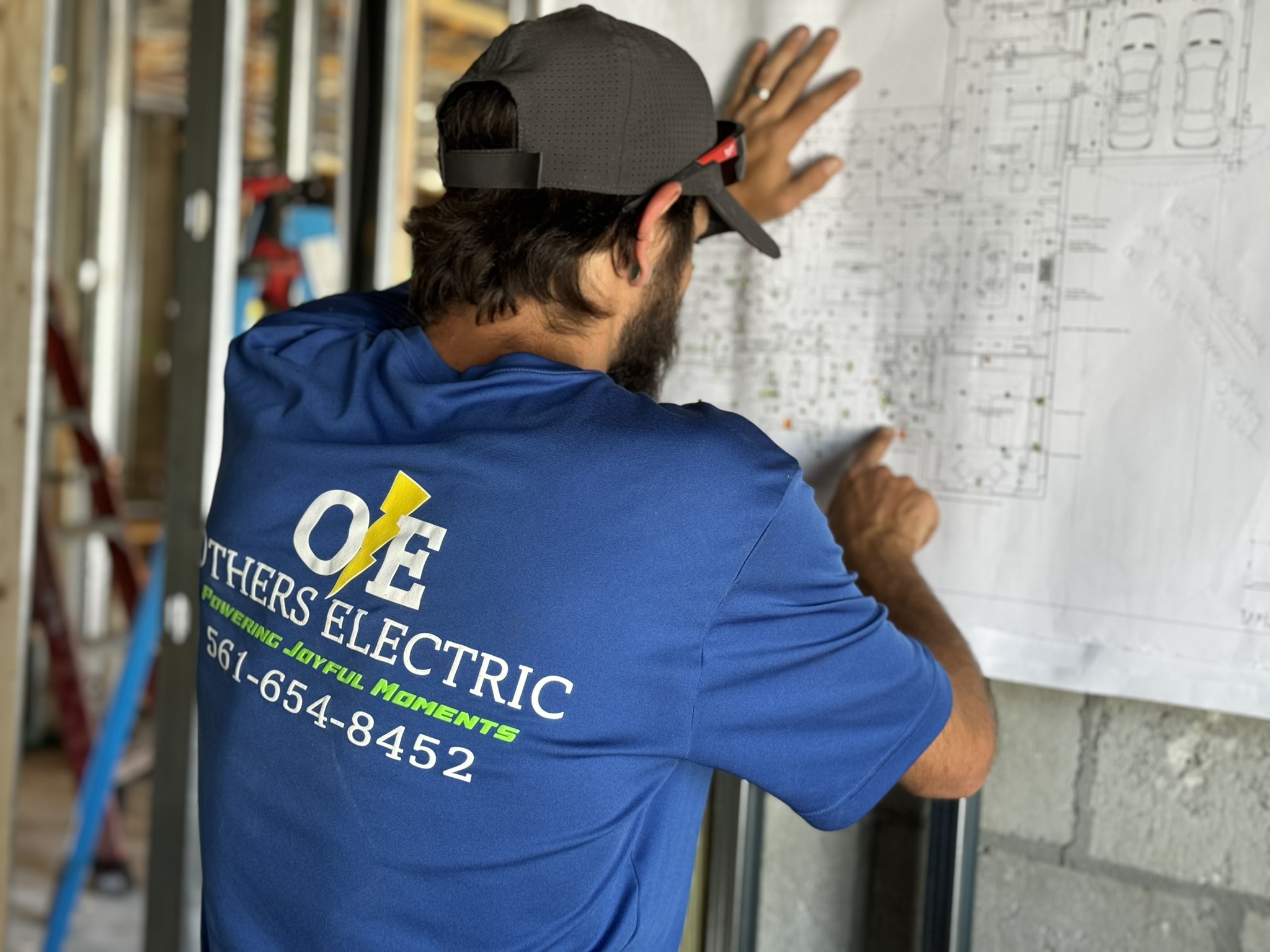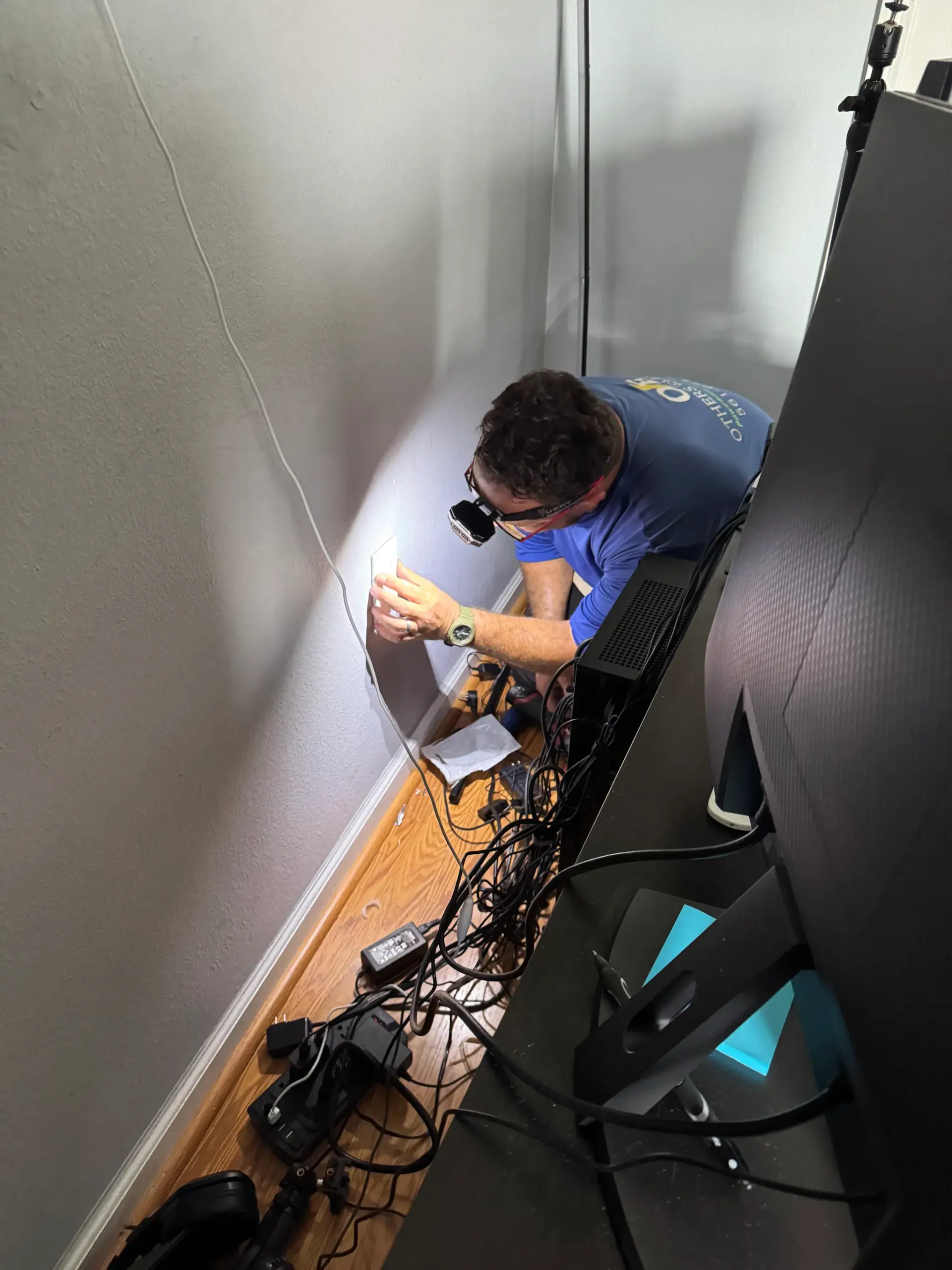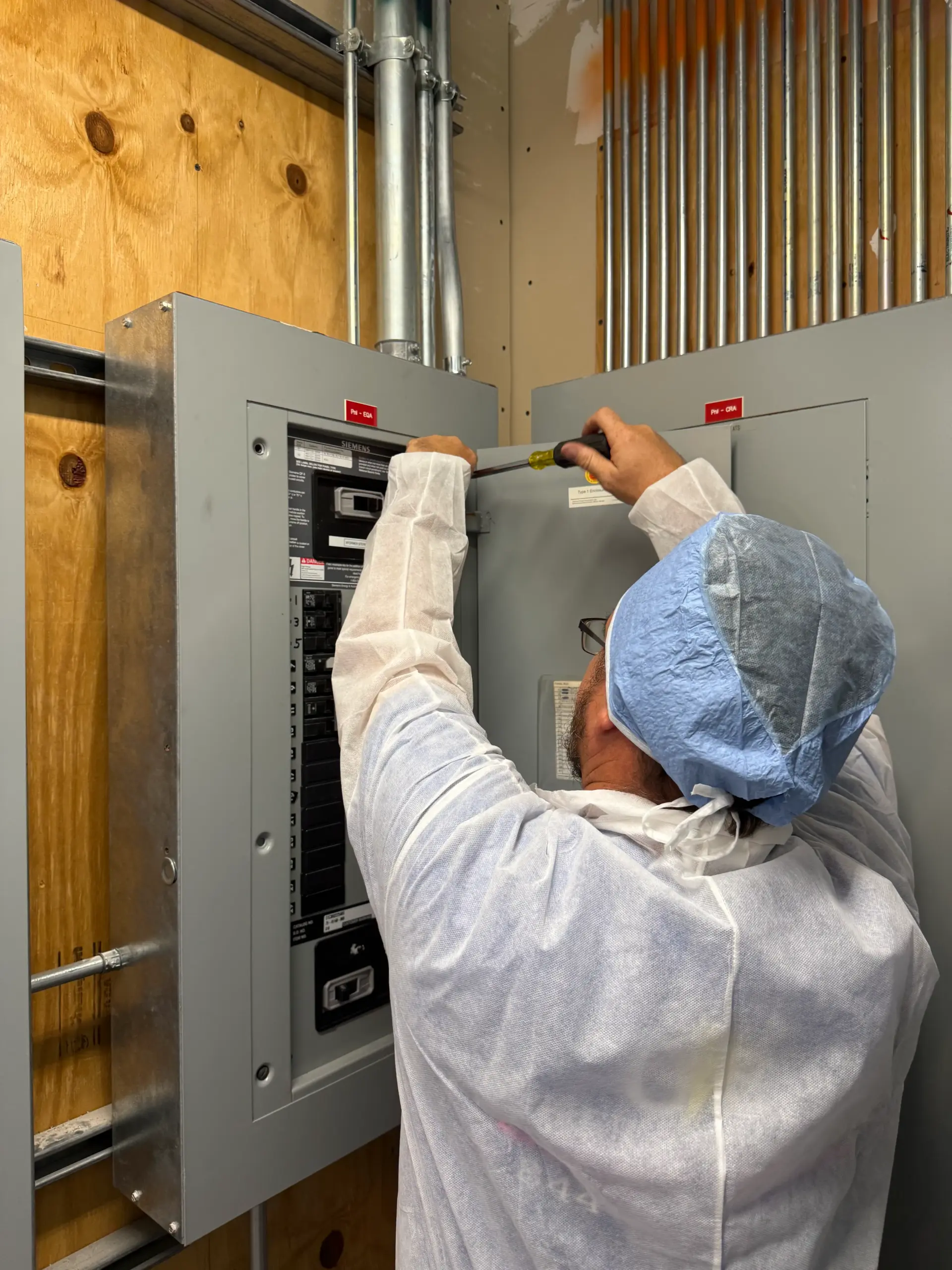Just how much electricity does a space heater use per month? Space heaters are a popular and convenient way to add extra warmth to rooms that might not be adequately heated by a central system. Whether you’re using them to supplement your home’s heating during the colder months or to warm a specific area, space heaters can provide a quick and effective solution.
However, one common concern for users is how much electricity a space heater uses and what it will cost to run on a monthly basis. Understanding how much electricity your space heater consumes can help you manage energy usage and costs effectively.
In this article, we’ll explore how space heaters work, the factors that influence their energy consumption, how to estimate electricity costs, and practical tips to help you minimize your energy usage. Let’s go over how much electricity does a space heater use per month.
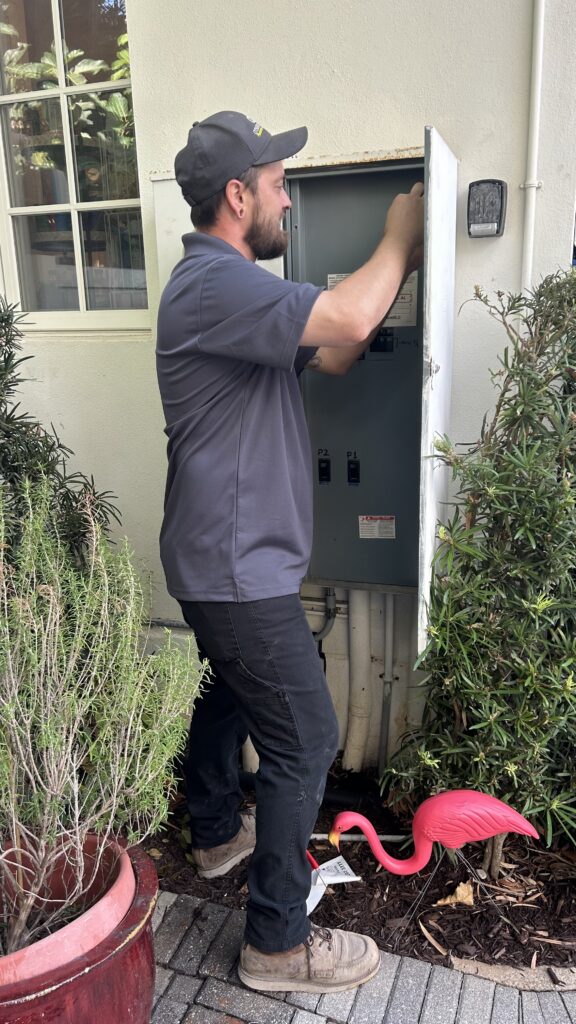
Understanding How Space Heaters Work
A space heater works by converting electricity into heat. Most electric space heaters use one of two methods to generate heat: convection or radiation.
- Convection heaters work by heating the air around them. The air becomes warmer and rises, while cooler air is drawn into the heater to be heated, creating a cycle of warmth throughout the room. These heaters are effective for heating larger spaces or rooms with poor insulation.
- Radiant heaters use infrared radiation to directly heat objects and people in their path, rather than warming the air. These heaters are better suited for smaller spaces or personal heating.
Regardless of the method, all space heaters use electrical power to operate, and the amount of power consumed depends on several factors.
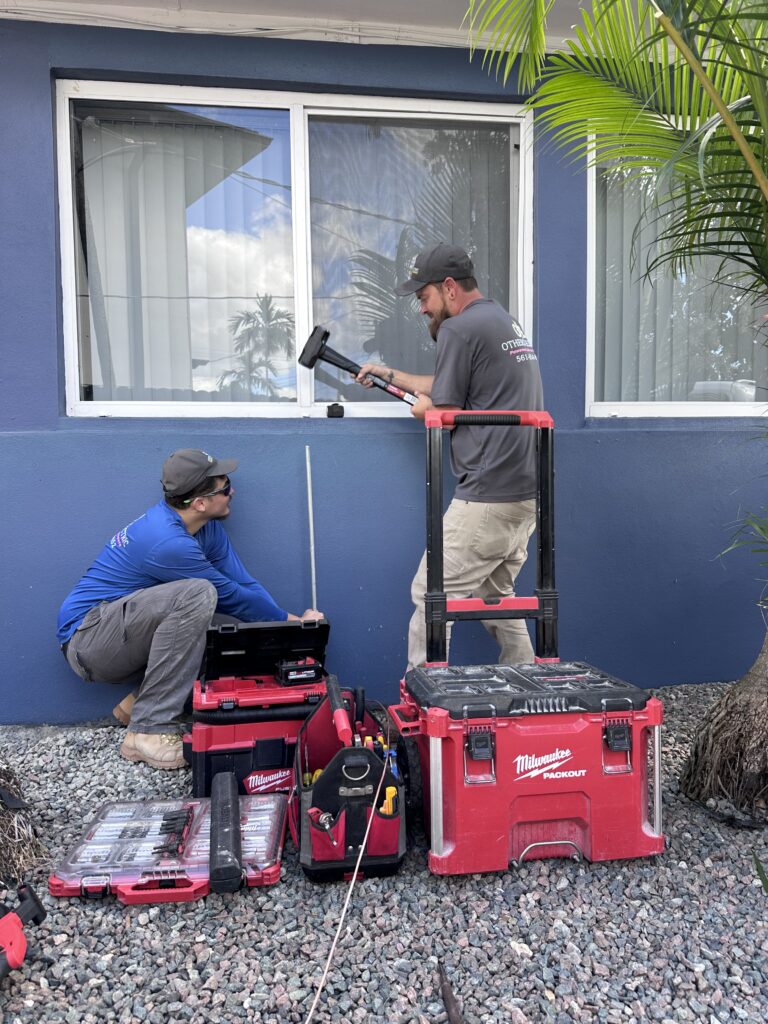
Types of Space Heaters and Their Energy Usage
There are various types of space heaters available, and each uses a different amount of electricity depending on its power output, efficiency, and usage patterns. The most common types include:
- Ceramic Heaters: These heaters use ceramic plates to heat the air. They are energy-efficient and can heat medium to large rooms. They typically range from 750 watts to 1500 watts.
- Infrared Heaters: These heaters use infrared radiation to heat objects and people directly. They are often more energy-efficient for heating small spaces because they do not need to heat the air. They typically use 1000 watts to 1500 watts.
- Oil-Filled Radiators: These are a type of convection heater that uses oil to retain heat for longer periods. They are good for keeping rooms warm for extended periods but are slower to heat up. They usually use around 1500 watts.
- Fan-Forced Heaters: These heaters combine a fan with a heating element to blow warm air into the room. They are good for quickly heating a space but are less efficient than other types. They can use anywhere from 750 watts to 1500 watts.
The wattage of your space heater is the key to understanding how much electricity it uses. A heater with a higher wattage will consume more electricity.
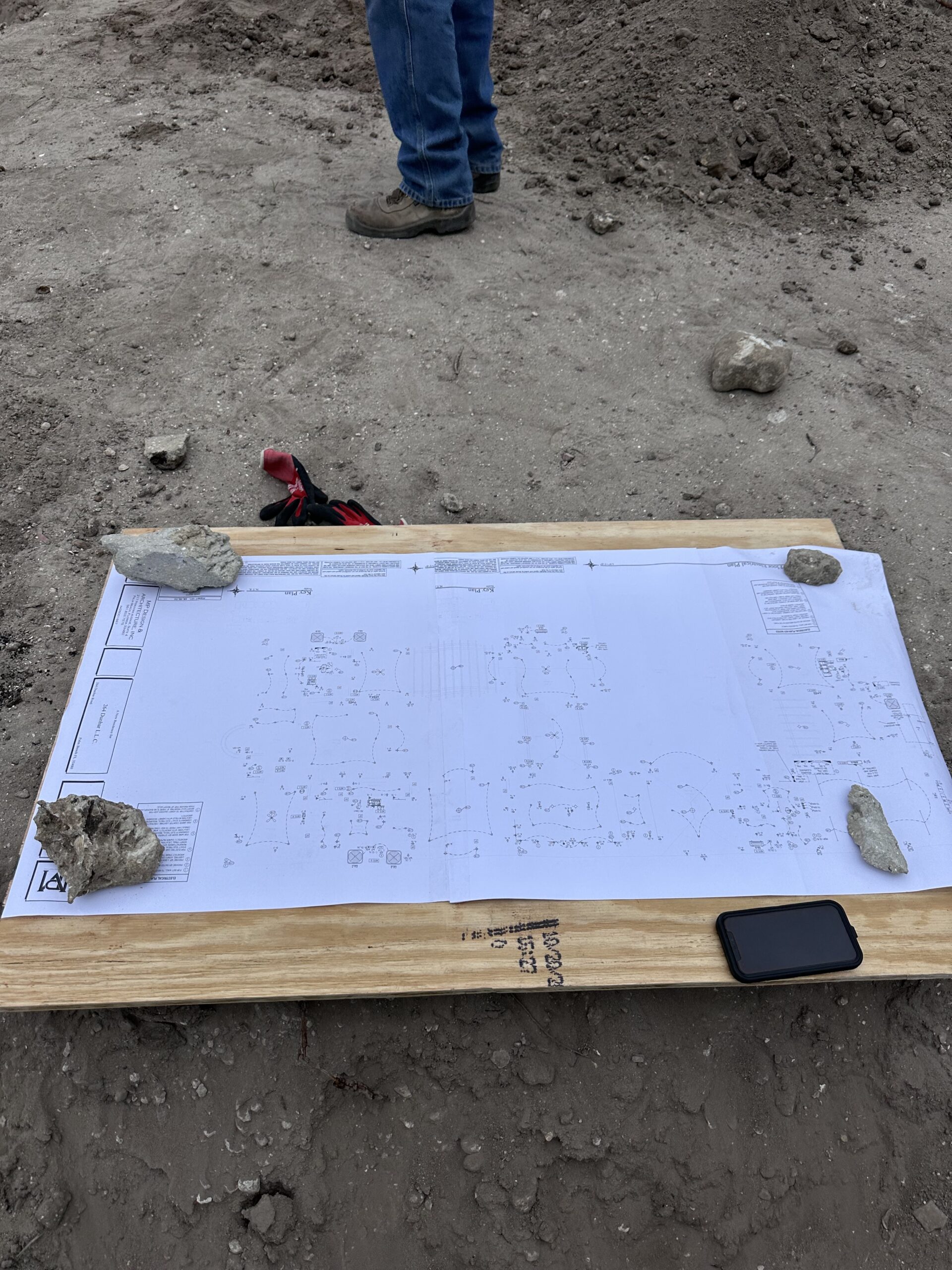
Factors That Affect Energy Usage
Several factors influence the energy consumption of your space heater, which ultimately affects your monthly electricity costs. These factors include:
1. Wattage of the Heater
The wattage of a space heater is one of the primary determinants of its energy consumption. The higher the wattage, the more electricity the heater will consume per hour of use. Most space heaters have wattages between 750 watts and 1500 watts, but some models, such as industrial space heaters, may consume even more.
To estimate the energy consumption of your space heater, you can use the following formula:
Energy Consumption (kWh) = (Wattage of the Heater / 1000) × Hours of Use
For example, if you use a 1500-watt heater for 5 hours per day, the energy consumption would be:
Energy Consumption = (1500 / 1000) × 5 = 7.5 kWh per day
2. Hours of Use
How long you run your space heater each day also plays a significant role in how much electricity it uses. If you only use your space heater for a few hours each day, the electricity consumption will be lower compared to leaving it running continuously.
For example, running a 1500-watt heater for just one hour a day uses 1.5 kWh (since 1500 watts / 1000 = 1.5 kWh). On the other hand, running it for 10 hours a day would result in 15 kWh per day.
3. Room Size and Insulation
The size of the room and its insulation can also impact the energy efficiency of a space heater. Larger rooms or poorly insulated spaces will require more energy to heat, as the heater will need to run longer to maintain the desired temperature. Conversely, smaller rooms or well-insulated rooms will require less energy and less time to heat.
4. Thermostat Settings
Many modern space heaters come with thermostats or timers that allow you to control the temperature and run time of the heater. Using a thermostat efficiently can help reduce unnecessary energy consumption by turning the heater off once the desired temperature is reached. Some models even have programmable timers that allow you to set specific on/off times, ensuring that the heater only runs when needed.
5. Climate and Temperature
The outside climate and the temperature you wish to maintain inside will also influence energy usage. In extremely cold weather, your heater will need to run longer to maintain a comfortable temperature, resulting in higher energy consumption. Conversely, in milder climates or during warmer months, your heater will not be used as frequently, leading to lower electricity usage.

Estimating Monthly Electricity Costs
To estimate how much electricity your space heater will use per month, it’s important to take into account how many hours a day you use it and its wattage. Here’s how you can calculate the monthly cost of running your space heater:
Step 1: Calculate Daily Usage
First, determine how many hours a day you use the space heater. For example, if you run a 1500-watt heater for 5 hours per day, you would use:
Energy Consumption (kWh) = (1500 watts / 1000) × 5 hours = 7.5 kWh per day
Step 2: Calculate Monthly Usage
Next, multiply your daily energy consumption by the number of days you use the heater in a month. Assuming you use the heater every day for 30 days:
Monthly Consumption = 7.5 kWh × 30 = 225 kWh per month
Step 3: Multiply by Electricity Rate
To determine the cost, you need to know the cost per kWh of electricity in your area. The average cost of electricity in the United States is around $0.12 per kWh, though rates can vary significantly depending on your location.
Using the above example, your monthly cost would be:
Cost = 225 kWh × $0.12 = $27 per month

Ways to Reduce Electricity Usage
While space heaters can be a great way to stay warm, they can also lead to higher electricity bills if not used efficiently. Here are some tips to reduce your energy consumption:
1. Use a Programmable Thermostat
Many modern space heaters come with programmable thermostats, allowing you to set a temperature that the heater will maintain automatically. By using a thermostat, you can avoid wasting energy by running the heater longer than necessary.
2. Use the Heater in a Small Area
Space heaters are more efficient in smaller spaces. If possible, use your heater to warm a specific room rather than trying to heat an entire home. This helps to focus the heat where it’s needed and reduces the amount of energy used.
3. Insulate Your Home
Proper insulation can help keep heat in and cold out, reducing the amount of time your heater needs to run. Consider adding insulation to walls, windows, and doors to improve energy efficiency.
4. Consider Energy-Efficient Models
When purchasing a space heater, look for models that are designed to be energy-efficient. Many newer models feature energy-saving settings and better insulation, reducing the amount of electricity required to generate heat.
5. Turn the Heater Off When Not in Use
Avoid leaving your space heater on when you’re not in the room. If your heater does not have an automatic shutoff feature, make sure to turn it off manually when it’s not needed to save on electricity costs.

Conclusion
Space heaters are an excellent solution for adding warmth to specific rooms, but they do consume electricity, which can add up over time. By understanding how space heaters work, the factors that affect their energy usage, and how to estimate electricity costs, you can make more informed decisions about using these devices.
If you’re looking to minimize your energy consumption, using your space heater efficiently and exploring energy-saving options is key. Whether you use a space heater occasionally or regularly, keeping track of your usage and implementing some simple energy-saving strategies can help you keep your electricity costs in check while staying warm and comfortable.


